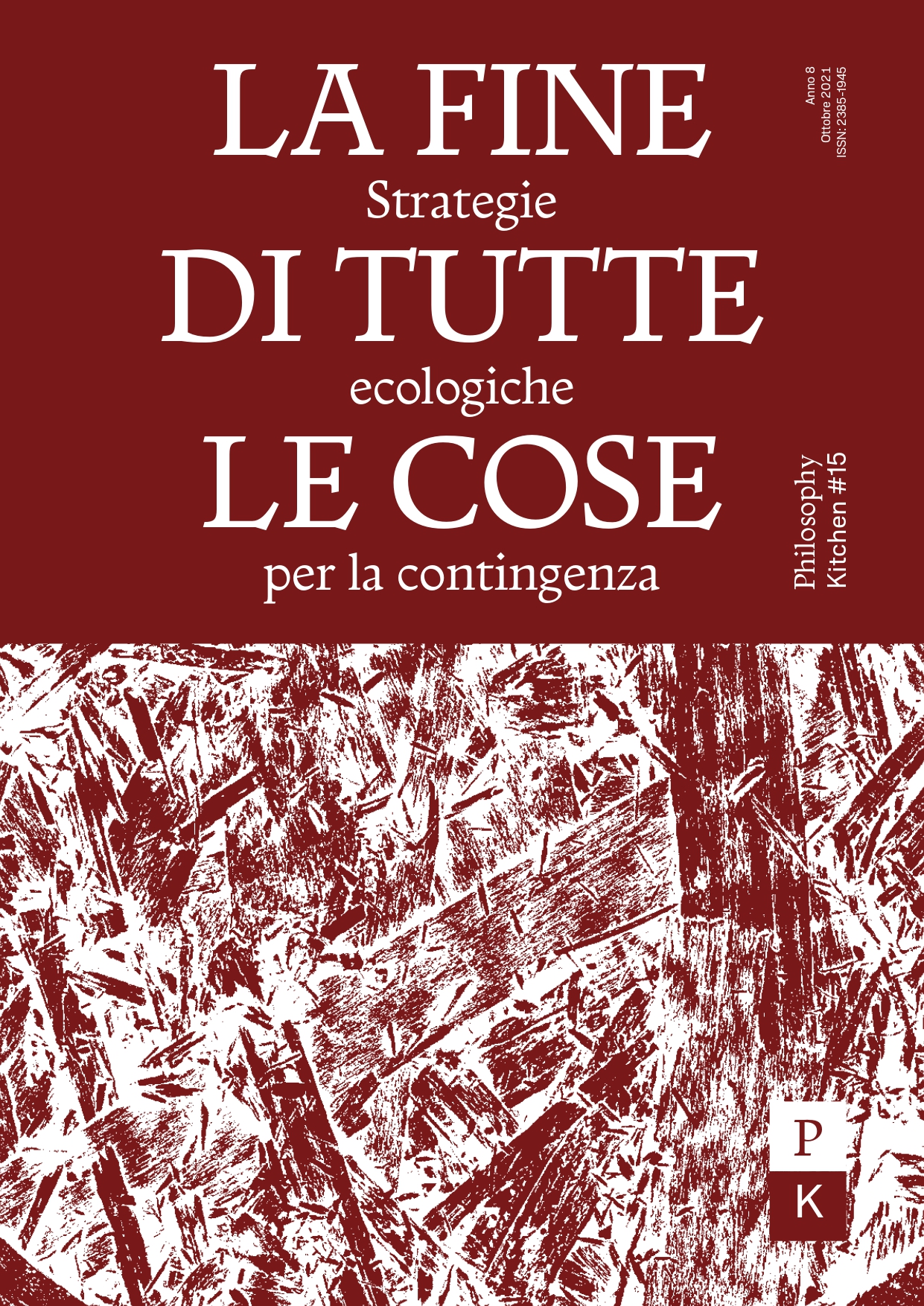Ecological Transition and Social Ontology. Nature, Society and Ecology of the Excess in the Anthropocen
DOI:
https://doi.org/10.13135/2385-1945/6225Abstract
The ecological and the climate crises are causing profound and radical changes in the ways in which human and social sciences investigate the relationships between society and nature, also considering that such relationships are increasingly unpredictable and uncertain. From a general point of view, we argue that social sciences and the humanities are trying to incorporate the foundational material dimensions of these connections into their analysis. Consequently, we argue that they try to develop new theoretical tools to investigate this ever-changing socio-natural hybrid. However, the human and social sciences that deal with ecological issues still show some weaknesses, such as the propensity for a minimalist ethnographic analysis that cannot be extended to a broader reflection, or the reluctance to develop critical thinking. In this essay, we recall some crucial challenges that scholars in social and human sciences should try to face in the near future in order to develop and strengthen a form of critical thinking. Finally, we will turn to Blanchot’s “Communism-community” as a means of pushing the theoretical reflection on the relationship between economy, materialism and energy even further by stressing the implication of human responsibility, which is understood as “open planning” rather than as a project determined a priori. In this way, it seems possible to avoid communism from relapsing into the dogmatism and sectarianism that have partially characterized the last century.





